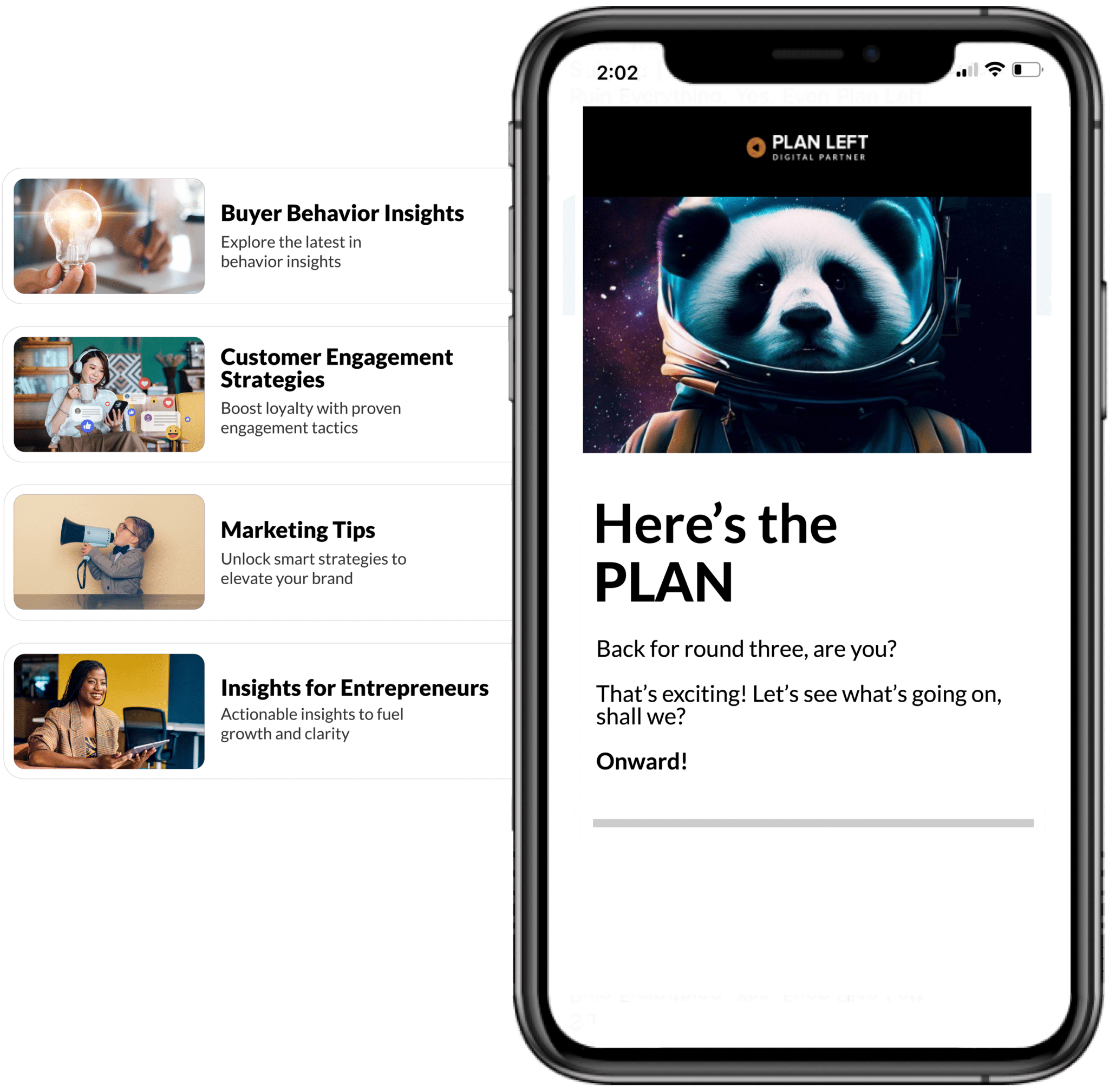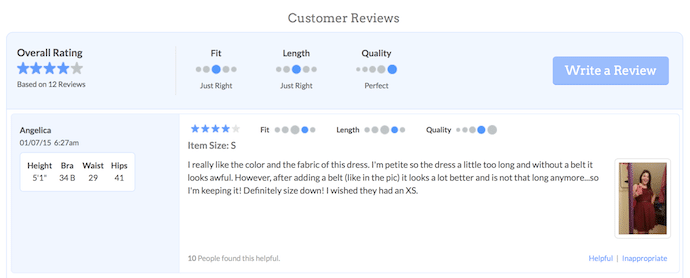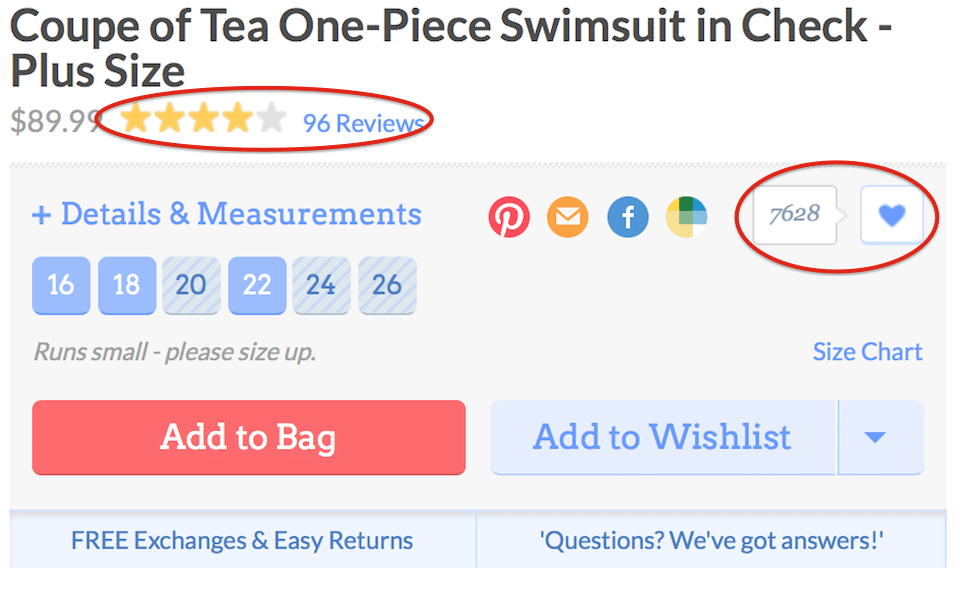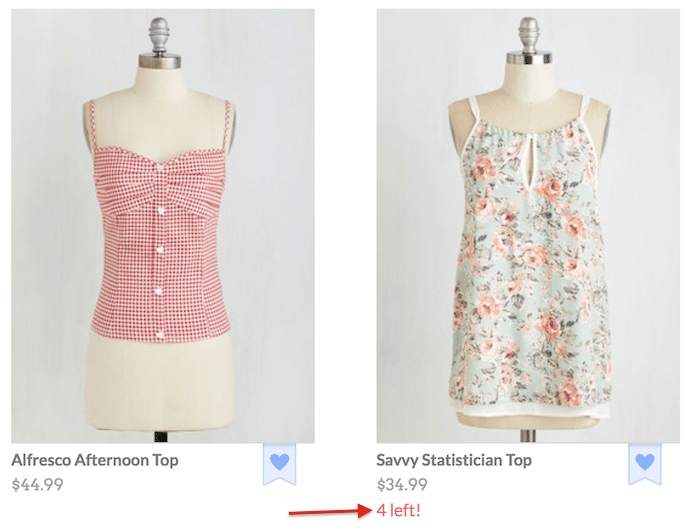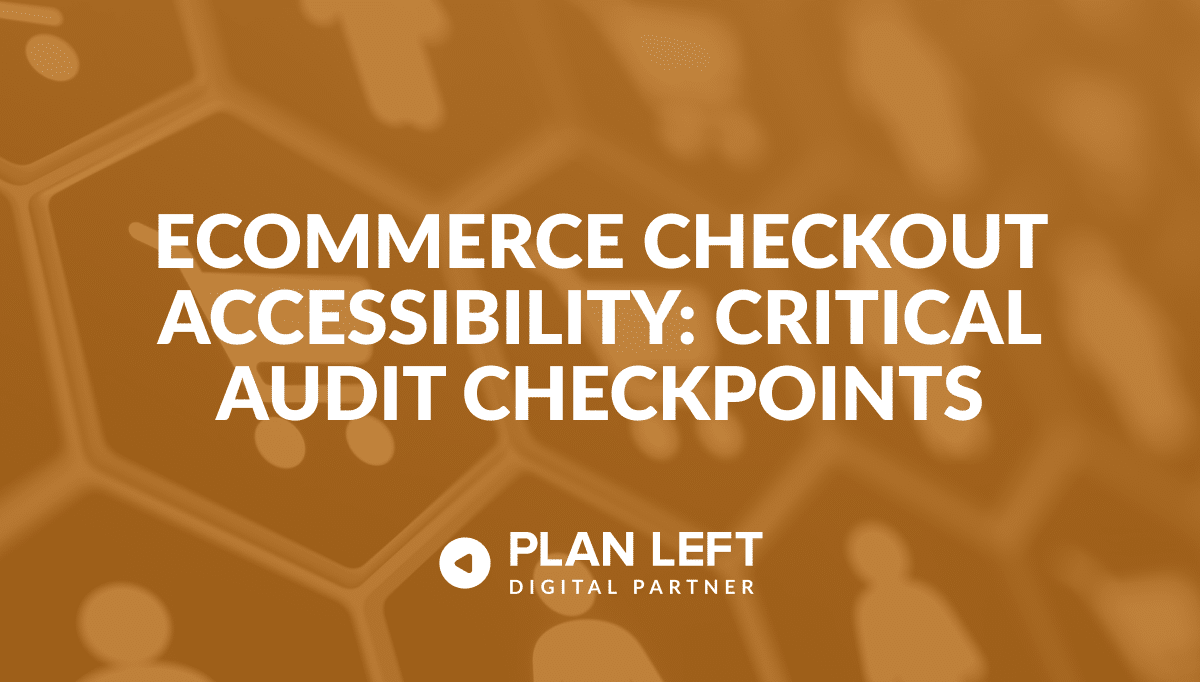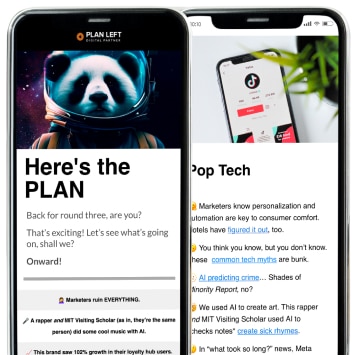
Including social proof on your ecommerce website is actually pretty easy. The most important thing to remember is that everything must be genuine. Consumers are a savvy bunch, and they’ll spot a phony a mile away. Now, what social proof can you add to your ecommerce site? Let’s take a look.
Testimonials
Perhaps the most-used form of social proof is the testimonial. It’s great to get feedback from loyal customers and share publicly on your page. Be sure the testimonials you use are genuine and include real reasons. A customer who simply says, “This company is the best,” over and over doesn’t inspire a lot of trust and confidence.
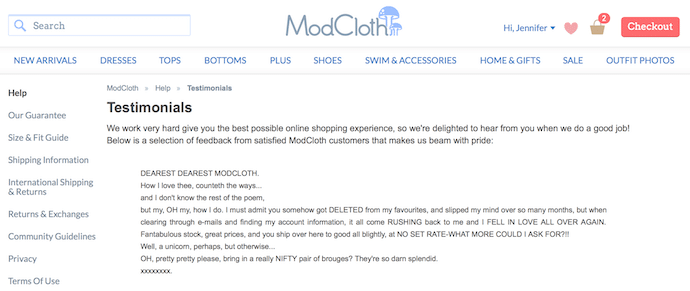
Reviews
Reviews are not the same as testimonials, though they do have a lot in common. Testimonials are carefully curated; reviews are open for anyone. Some companies make the mistake of hiding or deleting any bad reviews, but this won’t help you in the long run. Most customers like to know the drawbacks before they make a decision. If they don’t see any drawbacks, they’ll assume correctly: that you hid all the bad. Those negative reviews make your good ones credible.
User-Generated Content
User-generated content is really hot right now for several reasons. First, you save time on creating content when you open the floor to your customers. Second, you can see your company through your buyers’ eyes to make sure you’re conveying your brand correctly. Just be sure you don’t rely too heavily on user-generated content or you’ll lose your identity completely.
Endorsements
Celebrity endorsements are a great way to provide some invaluable social proof. Keep in mind, your idea of a celebrity may not be the same as your buyers’. Instead of seeking out the hottest and most famous, reach out to influential people that support your brand’s vision and mission. Your customers would much rather hear from these people than some Hollywood star they can’t possibly connect with.
Likes and Favorites
This is a small but powerful way to give a little social proof to your products. A simple heart or star near each product gives customers the chance to give their quick opinion. If they like, they can click. Later customers can see how many people loved that item before them. As an added bonus, customers who are logged in give you a little insight into the types of products they love, so you can tailor your marketing.
Time Since Last Purchase
If your ecommerce site sells items that are of limited quantities, a time-since-last-purchase notification can instill a sense of urgency. When coupled with the next point on the list, this particular tool is probably the most powerful. No one likes that fear of missing out. If they see people are making purchases quickly, they’ll be more tempted to act.
Product Inventory
To ramp up that sense of urgency, let buyers know how many items are left in inventory. This shows those customers that the products they love are in high demand and won’t be around forever. If you show the product inventory and the time since the last purchase, you’ll light a fire in their wallets.
Adding social proof to your website doesn’t have to be hard. You may need help from an ecommerce website development specialist to get the features you need, but that’s okay. We’re here to help any time you need us.
Explore Latest Posts
Every developer has faced the moment when their beautifully designed website looks perfect in the browser but fails spectacularly when ... read more
July 2, 2025
Every abandoned cart tells a story. For users with disabilities, that story is often one of frustration, exclusion, and missed ... read more
June 30, 2025
Your website passes every automated accessibility check, meets WCAG compliance standards, and earned a perfect score on your latest audit. ... read more
June 25, 2025
Essential Strategies for Entrepreneurs
Get Actionable Business Insights & Marketing Tips
Our newsletter delivers real-world strategies from entrepreneurs who’ve been exactly where you are.
Sign up now for:
- Actionable growth strategies that work
- Insider tactics for attracting top talent
- Real-world case studies from successful founders
- Emerging tech trends that drive innovation
- Pragmatic marketing approaches for visionary leaders
